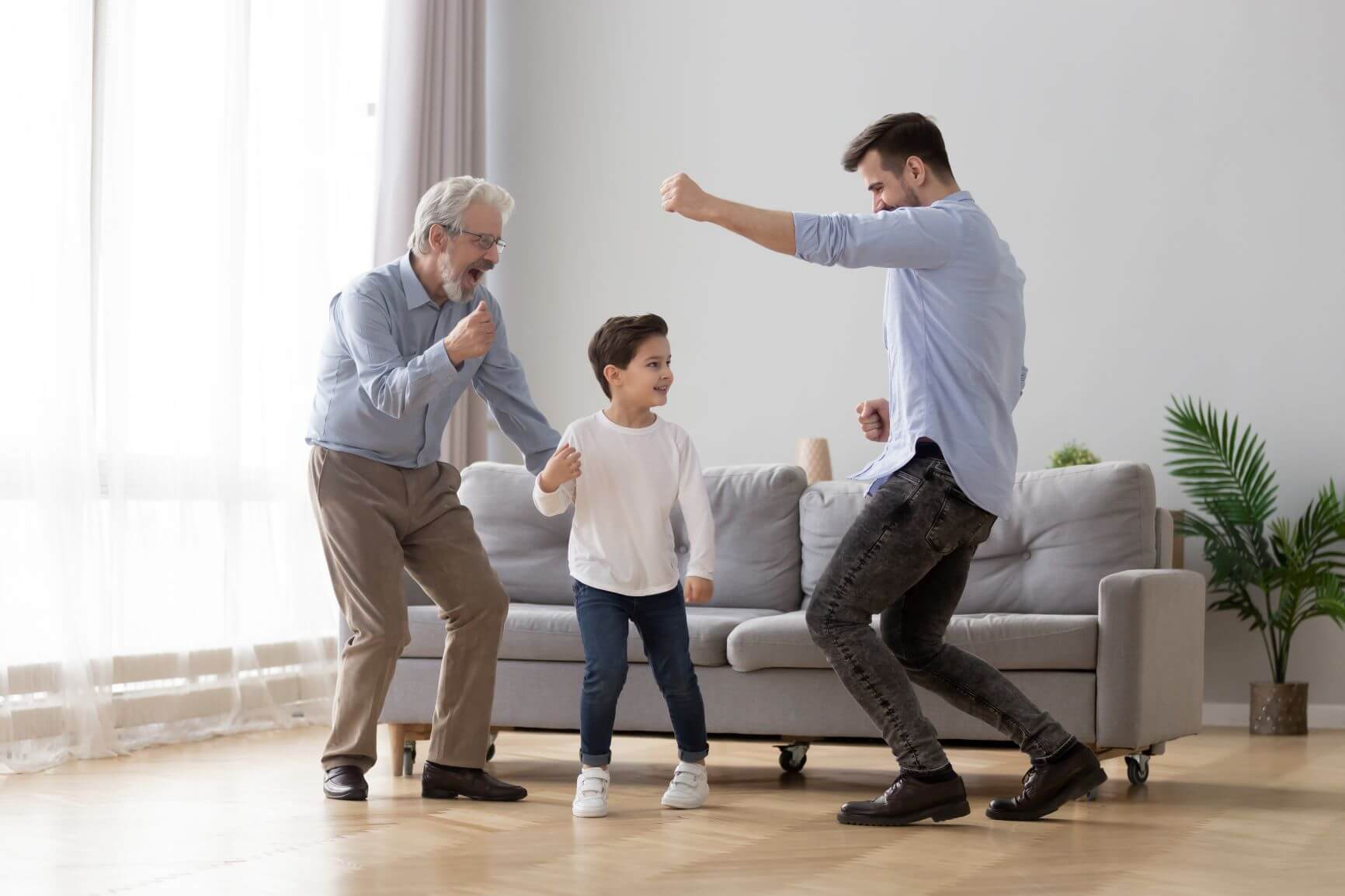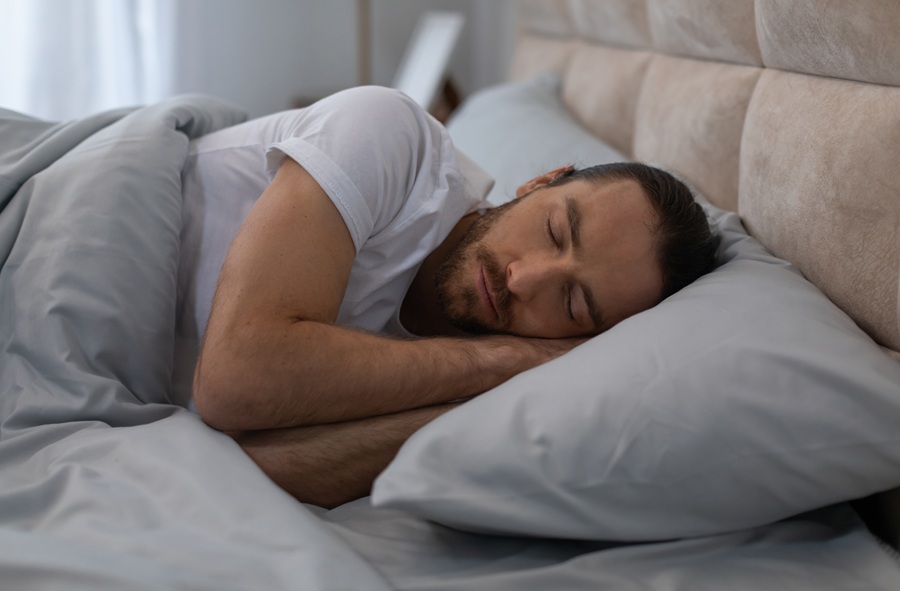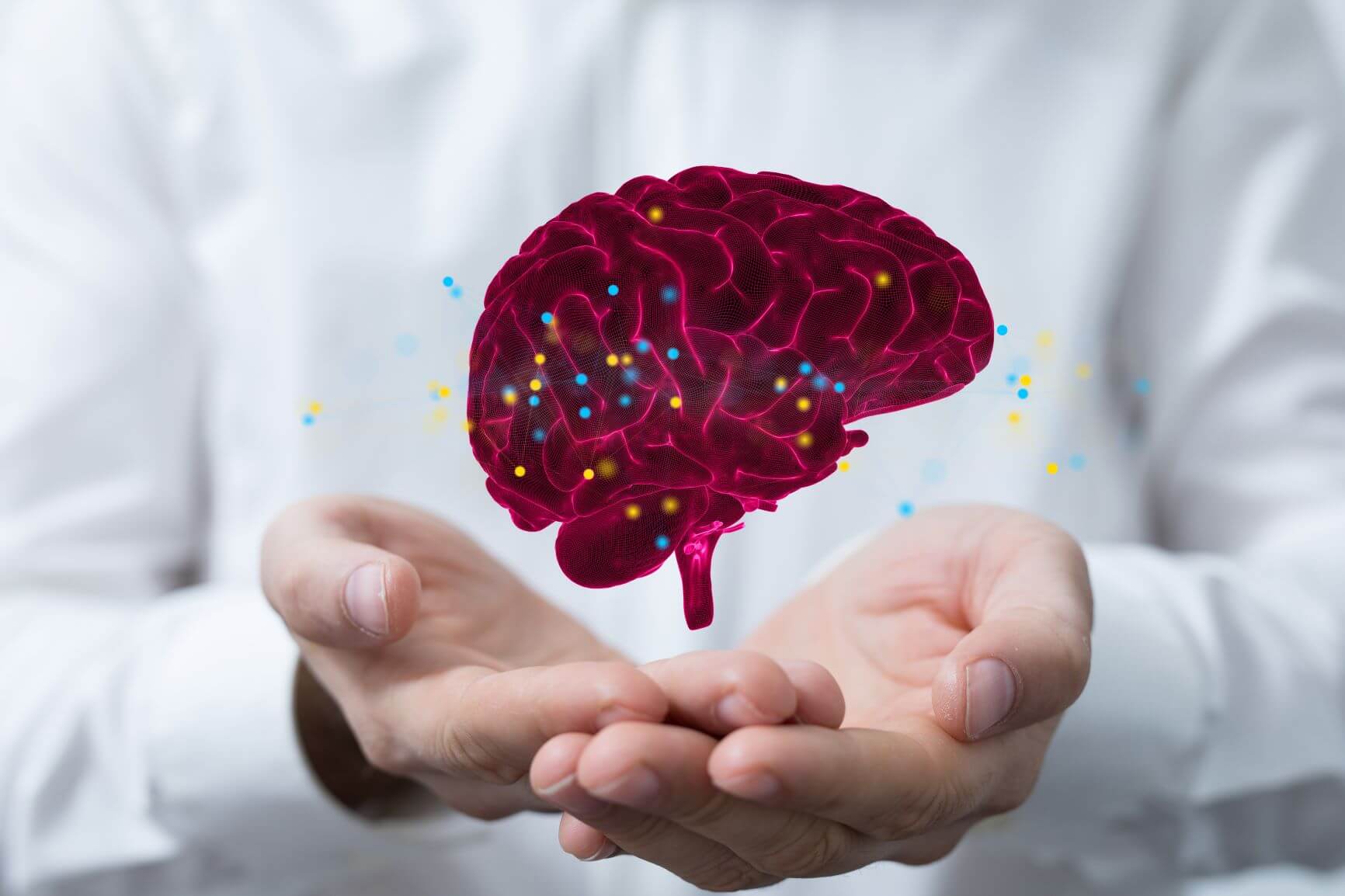How old do you feel?
The difference between the feeling we experience and the date indicated on our identification card can be quite significant. Many of us feel younger than our actual age, as if we’re “stuck” at a certain age and have stopped aging despite the passing years. But does what we feel have an impact on our health? In other words, is there a connection between the age we feel and our physical functioning?
Surprisingly, a study published in June 2018 in the academic journal “Frontiers in Aging Neuroscience” showed that there is indeed a connection. Researchers found a link between the physiological functioning of individuals and the age they “feel,” known as their “subjective age.” Older adults who felt younger than their actual age showed fewer physical signs of brain aging compared to those who felt their age or older.
We tend to think of aging as a gradual process in which the body and brain change over time. While the passing years affect all of us, they impact different individuals in different ways. The subjective age also varies among people, with some feeling younger than their objective age and others feeling older. Dr. Jeanyung Chey, a researcher from the National University of Seoul, wanted to understand whether subjective age only reflects internal feelings or if it is also related to physical factors.
To answer the question, she and her colleagues examined personality traits, physical abilities, and psychological tendencies of older adults, and conducted physical tests that included brain scans using magnetic resonance imaging (MRI). The findings showed that individuals who felt younger than their objective age also tended to have brains with more “youthful” physiological characteristics. In other words, an 80-year-old person who feels 60 would have a brain that is more similar to that of a 60-year-old!
Why does this happen?
One hypothesis proposed by the researchers is that individuals who biologically age slower, meaning their brains remain “youthful” compared to their objective age, are the ones who also feel younger. Therefore, these individuals experience a discrepancy between their internal feelings and their objective age. In other words, our subjective age might actually reflect the state of our brain.
On the other hand, it is highly reasonable to assume that individuals who feel younger are also mentally and physically more mentally active and engaged. Physical activity and mental challenges contribute to improved body and brain functioning, which can also influence the physiological characteristics of the brain.
Currently, we cannot determine which of the two explanations is correct, and there may be other factors not taken into account. However, regardless of how we look at it, the finding regarding the connection between the brain’s biological age and subjective age is nothing short of astonishing. It raises hope for actions that can be taken to improve brain functioning.
Back to all articles.










